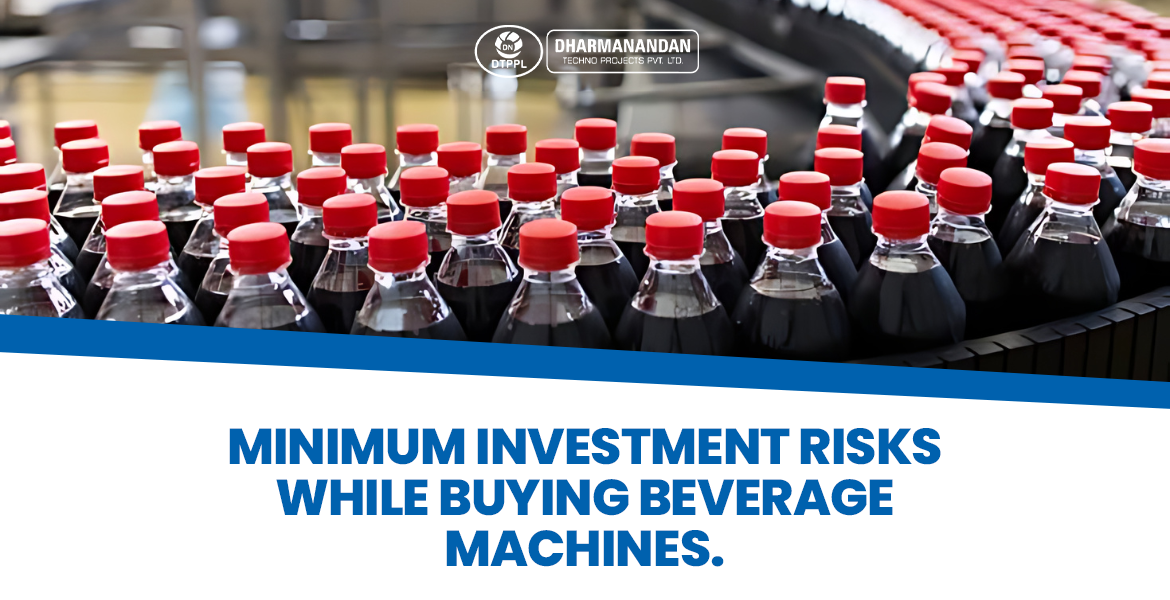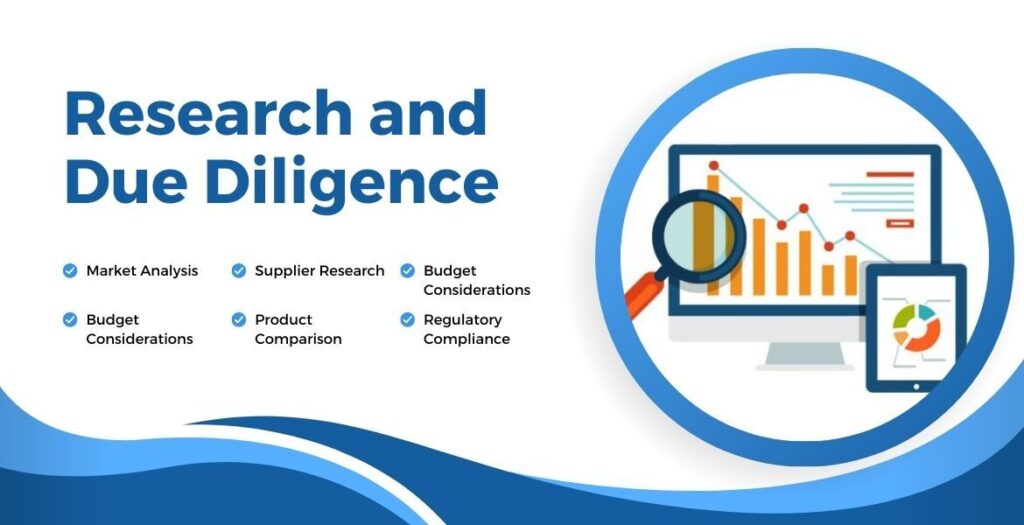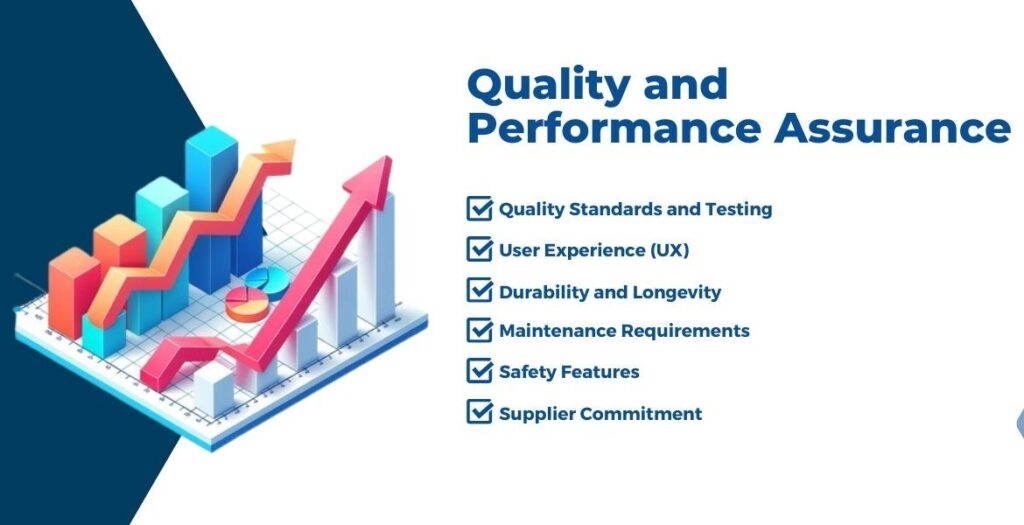
Minimum Investment Risks while Buying Beverage Machines
Investing in beverage machines is a critical decision for businesses in the food and beverage industry. Whether you’re setting up a café, restaurant, or vending service, choosing the right beverage machines can significantly impact your operations and profitability. However, with any investment comes risks, and minimizing these risks is essential to ensure long-term success. In this blog, we’ll explore the key factors to consider when purchasing beverage machines and strategies to mitigate investment risks. Let’s dive in!
Why minimizing investment risks is crucial for businesses
Certainly! Minimizing investment risks is vital for businesses due to several compelling reasons:
- Financial Stability: Businesses need to maintain financial stability to thrive and grow. High investment risks can lead to unexpected losses, impacting cash flow, profitability, and overall financial health.
- Long-Term Viability: Sustainable business operations require a long-term perspective. Investments with excessive risks may jeopardize the company’s viability, hindering its ability to serve customers, pay employees, and meet obligations.
- Competitive Edge: Businesses operate in competitive markets. Minimizing risks allows companies to allocate resources efficiently, invest in innovation, and gain a competitive edge. A well-managed investment strategy enhances market positioning.
- Reputation and Trust: Risky investments can harm a company’s reputation. Customers, investors, and partners trust businesses that make informed decisions. A reputation for sound judgment attracts stakeholders and fosters long-term relationships.
- Legal and Regulatory Compliance: Some risks may lead to legal or regulatory issues. Compliance failures can result in fines, legal battles, and brand image damage.
- Employee Morale: Employees want stability and job security. A financially stable business can offer better compensation, benefits, and growth opportunities, boosting employee morale and retention.
In summary, minimizing investment risks is not just about financial gains; it’s about securing the future of the business, maintaining trust, and sustaining growth.
Research and Due Diligence
Certainly! Let’s delve into each of these aspects related to minimizing investment risks when buying beverage machines:

- Market Analysis:
- Conduct thorough market research to understand demand, trends, and customer preferences. Identify growth areas and potential niches within the beverage industry.
- Analyze competitors and their offerings. What types of beverage machines are popular? Are there any gaps in the market that your business can fill?
- Product Comparison:
- Compare different beverage machine models based on features, quality, durability, and pricing. Look beyond the initial cost—consider long-term value and maintenance requirements.
- Evaluate factors such as energy efficiency, ease of use, and warranty coverage.
- Supplier Research:
- Research reputable suppliers and manufacturers. Consider their track record, customer reviews, and reliability.
- Ask for references or case studies from other businesses that have purchased machines from the same supplier.
- Technical Requirements:
- Define your technical specifications. What capacity do you need? Does the machine require a specific power supply or water connection?
- Ensure compatibility with your existing infrastructure.
- Regulatory Compliance:
- Beverage machines may be subject to health and safety regulations. Check local, state, and national guidelines.
- Compliance ensures smooth operations and avoids legal issues.
- Budget Considerations:
- Set a budget for your investment. Consider not only the purchase cost but also installation, maintenance, and operational expenses.
- Prioritize machines that align with your budget constraints.
Remember, a well-researched approach minimizes risks and sets your business up for success in the beverage industry!
Identifying and Assessing Risks
Certainly! Identifying and assessing risks is a crucial step in minimizing investment risks when buying beverage machines. Let’s break down the process:
- Risk Identification:
- Financial Risks: Consider the initial cost of the machine, ongoing maintenance expenses, and potential repair costs. Assess whether the investment aligns with your budget.
- Operational Risks: Evaluate the risk of downtime due to technical issues. Will the machine disrupt your business operations if it malfunctions?
- Market Risks: Analyze market trends. Are there shifts in consumer preferences that could impact the demand for specific beverages?
- Supplier Risks:
- Research suppliers thoroughly. Assess their reliability, reputation, and track record. A supplier going out of business or failing to deliver can pose significant risks.
- Quality and Durability:
- Poor-quality machines may break down frequently, leading to operational disruptions and repair costs. Prioritize durable and reliable models.
- Technical Requirements:
- Ensure the machine meets your technical specifications. Consider power supply, water connections, and space requirements.
- Incompatibility with existing infrastructure can lead to additional costs.
- Maintenance and Support:
- Assess the availability of spare parts and technical support. Lack of support can lead to prolonged downtime.
- Warranty and Insurance:
- Understand the warranty coverage. A comprehensive warranty reduces financial risks.
- Explore insurance options to protect against unexpected losses (e.g., damage, theft).
Remember, a thorough risk assessment ensures informed decision-making and helps mitigate potential pitfalls.
Supplier Evaluation
Certainly! Supplier evaluation is a critical step in minimizing risks when purchasing beverage machines. Let’s break down the process of evaluating suppliers:
- Reputation and Track Record:
- Research the supplier’s reputation in the industry. Look for reviews, testimonials, and feedback from other businesses.
- Consider how long the supplier has been in business. A well-established supplier is likely to have a reliable track record.
- Quality and Reliability:
- Assess the quality of the machines they offer. Are they durable, efficient, and built to last?
- Inquire about reliability—machines that consistently perform well with minimal downtime are preferable.
- Customer Support and Service:
- Evaluate the supplier’s customer support. Do they provide timely assistance for technical issues or repairs?
- Ask about warranty coverage and after-sales service. A responsive support team is essential.
- Pricing and Cost Transparency:
- Compare prices across different suppliers. Ensure transparency—hidden costs can lead to budget overruns.
- Consider the total cost of ownership, including maintenance and spare parts.
- Delivery Time and Logistics:
- Inquire about lead times for delivery. Delays can impact your operations.
- Understand their logistics process—how efficiently can they deliver and install the machines?
- Financial Stability:
- Assess the financial stability of the supplier. A financially healthy supplier is less likely to face disruptions or closures.
Remember, a thorough evaluation ensures that you choose a reliable supplier and minimize risks associated with beverage machine investments.
Quality and Performance Assurance
Certainly! Let’s delve into ensuring quality and performance assurance when purchasing beverage machines. Here are some essential steps:

- Quality Standards and Testing:
- Quality Assurance (QA): Insist on machines that meet industry standards and certifications. Look for ISO certifications, CE marks, and other relevant quality assurances.
- Performance Testing: Before finalizing a purchase, test the machine’s performance. Evaluate factors like speed, accuracy, and consistency.
- User Experience (UX):
- Consider the end-user experience. Is the machine user-friendly? Does it have intuitive controls?
- Test the machine from the perspective of your staff and customers.
- Durability and Longevity:
- Assess the build quality. Durable materials ensure a longer lifespan.
- Inquire about the expected lifespan of the machine. A longer lifespan justifies the investment.
- Maintenance Requirements:
- Understand the maintenance needs. Are spare parts readily available?
- Regular maintenance ensures optimal performance and prevents sudden breakdowns.
- Safety Features:
- Safety is paramount. Check for safety features like automatic shut-offs, emergency stops, and child locks.
- Ensure compliance with safety regulations.
- Supplier Commitment:
- Discuss performance guarantees with the supplier. What happens if the machine doesn’t meet expectations?
- A committed supplier will address any performance issues promptly.
Remember, thorough quality and performance assurance lead to a successful investment in beverage machines!
Financial Considerations

- Initial Investment Cost:
- Calculate the upfront cost of acquiring the beverage machine. This includes the purchase price, delivery charges, and installation fees.
- Consider whether the investment aligns with your available budget.
- Total Cost of Ownership (TCO):
- Look beyond the initial cost. Consider ongoing expenses such as maintenance, repairs, and energy consumption.
- A machine with a higher upfront cost but lower TCO may be a better long-term investment.
- Return on Investment (ROI):
- Evaluate how quickly the machine will generate revenue. Will it attract more customers or increase efficiency?
- Calculate the payback period—the time it takes for the machine’s benefits to cover its cost.
- Financing Options:
- Explore financing options such as leasing or equipment loans. Leasing allows you to spread the cost over time.
- Compare interest rates and terms to make an informed decision.
- Warranty and Repairs:
- Check the warranty coverage. A comprehensive warranty reduces the risk of unexpected repair costs.
- Research the availability of spare parts and authorized service centers.
- Tax Benefits and Incentives:
- Investigate tax deductions or incentives related to equipment purchases.
- Consult with a financial advisor to maximize tax benefits.
Remember, a well-thought-out financial approach ensures that your investment in machines aligns with your business goals and minimizes risks.
Test and Trial Period
Certainly! Let’s discuss the importance of a test and trial period when it comes to purchasing beverage machines. This phase is crucial for minimizing risks and ensuring that the chosen machines meet your business needs effectively.
The Test and Trial Period: Why It Matters
- Validation of Performance:
- During the trial period, you can assess how well the machines perform in real-world conditions.
- Test their speed, accuracy, consistency, and overall functionality. Are they meeting your expectations?
- User Experience Evaluation:
- Involve your staff in the trial. Let them operate the machines and provide feedback.
- Consider ease of use, training requirements, and any challenges faced during daily operations.
- Taste and Quality Assessment:
- If the machines prepare beverages (such as coffee or juice), evaluate the taste and quality of the output.
- Are the flavors consistent? Is the texture satisfactory?
- Maintenance and Durability Check:
- Monitor maintenance needs during the trial. How often do the machines require cleaning or servicing?
- Assess their durability—do they withstand regular use without frequent breakdowns?
- Feedback from Customers:
- If possible, involve customers in the trial. Their feedback matters—they’re the ones using the machines directly.
- Understand their preferences and any issues they encounter.
Tips for an Effective Trial Period
- Clear Objectives: Define specific goals for the trial. What aspects are you evaluating?
- Realistic Conditions: Simulate actual usage scenarios. Consider peak hours, rush times, and variations in demand.
- Documentation: Keep detailed records during the trial. Note any observations, challenges, or improvements needed.
- Supplier Communication: Share your findings with the supplier. Discuss any adjustments required.
- Decision Point: At the end of the trial, make an informed decision based on data and user feedback.
Remember, the test and trial period allows you to fine-tune your choice and minimize investment risks.
Conclusion
Investing in beverage machines demands thorough research, supplier evaluation, and risk assessment. By considering factors like quality, financial implications, and trial periods, businesses can make informed decisions. Remember, minimizing risks ensures a smoother journey toward success in the food and beverage industry. 🌟🥤💡
